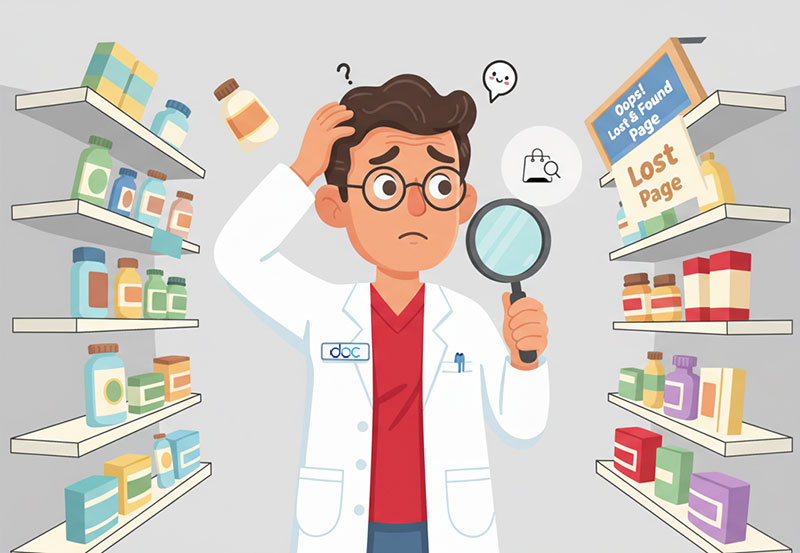
Oops, looks like you've taken a detour!
It looks like the page or product you requested has been moved or removed.
Don’t worry, we’ll help you get back on track to feeling your best.
Why not try searching again for what you need?
Search here :
Or, explore some of our popular categories:




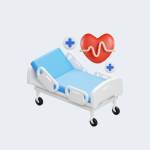

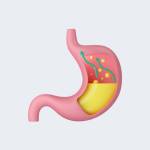


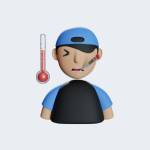



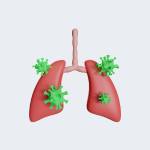




.jpg)